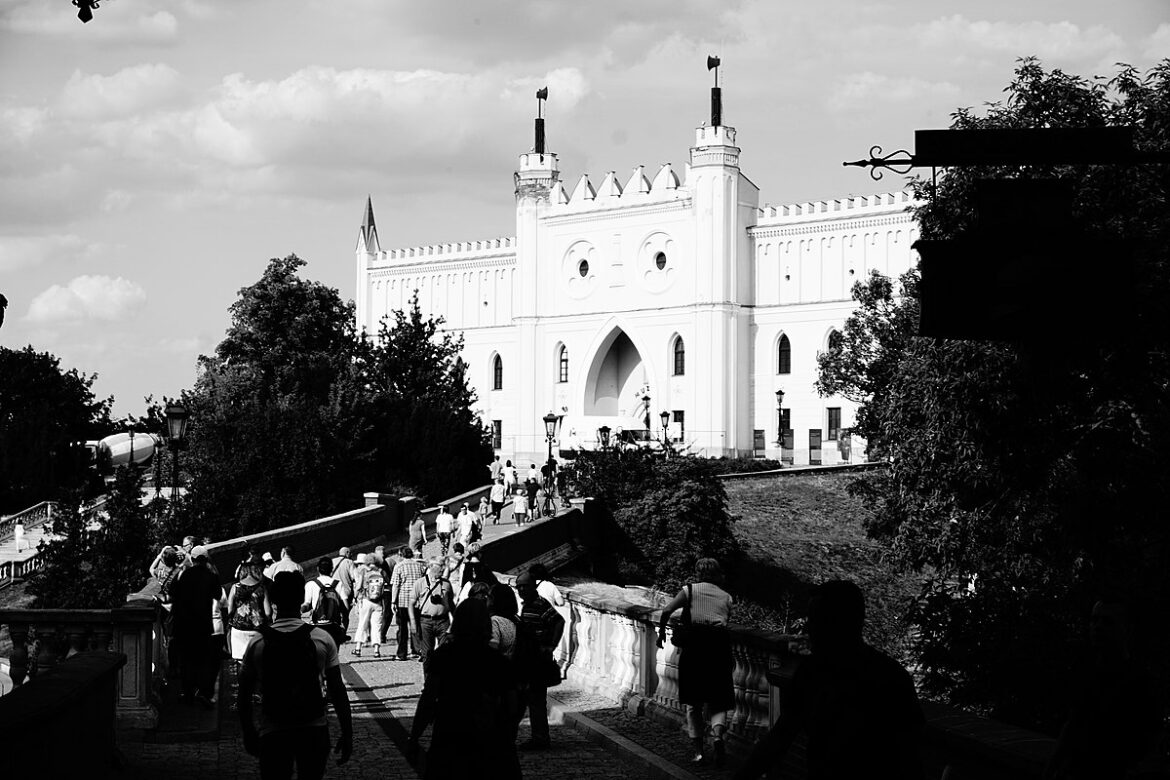On 15 November 1944, in the Lublin Castle Prison, communists murdered three Home Army soldiers. One of them was Stanisław Siwiec.
The Lublin Castle Prison was one of the places of bloody terror during the German occupation. A few hours before the Germans evacuated the city, Nazi officers carried out a mass murder of prisoners (https://dignitynews.eu/pl/ostatni-niemiecki-mord-wiezniow-w-lublinie-22-lipca-1944-r/). After the Soviets occupied it, the place maintained its character and became a communist prison for Polish patriots.
The abandoned prison cells were filled with new inmates as early as the end of September 1944. They were directed there by the Soviet NKVD and the domestic Security Office (UB), subordinate to the Polish Committee of National Liberation PKWN (https://dignitynews.eu/pl/klamstwo-zalozycielskie-pkwn/ ). The detainees were brutally tortured during the investigations, and many of them were deported deep into the Soviet Union. Some of the detainees faced military courts and were judged by “proven” officers from the Red Army. The court hearings that took place on the premises of the Lublin Castle Prison defied all rules defining criminal proceedings. The sentences handed down were extremely severe, with many times communist judges pronouncing death sentences, which were immediately carried out.
The first execution of soldiers of the Polish underground took place on 15 November 1944. Three soldiers of the Home Army (AK – https://dignitynews.eu/pl/armia-krajowa-ak-byla-fenomenem-w-okupowanej-przez-niemcow-europie/ ) Stanisław Siwiec, Tadeusz Gadzała and Franciszek Benesz were executed there.
Siwiec was born on 9 May 1913 in Wąwolnica and graduated from a secondary school in Puławy. Before the outbreak of World War II, he studied law at the Catholic University of Lublin. During the German occupation, he was a soldier of the Home Army (AK), and the head of a cell which published underground press and publications. He was arrested by the communists on 9 October 1944. They accused him of being a member of the Home Army, possessing materials calling for the overthrow of the PKWN and harming Poland’s alliance with the Soviet Union. He underwent a brutal investigation, and the UB also detained his wife, who was at an advanced stage of pregnancy. He was sentenced to death; a few hours before his execution, he managed to write a secret message which was brought out by a confessing priest. In it, he wrote:
“My Sweet Wife and you, Dearest of the Best Mothers! My Lovely Mother – do not despair! God willed it! Love demands a sacrifice! I die for what man most deeply loves – for justice, goodness and beauty in the world”.





